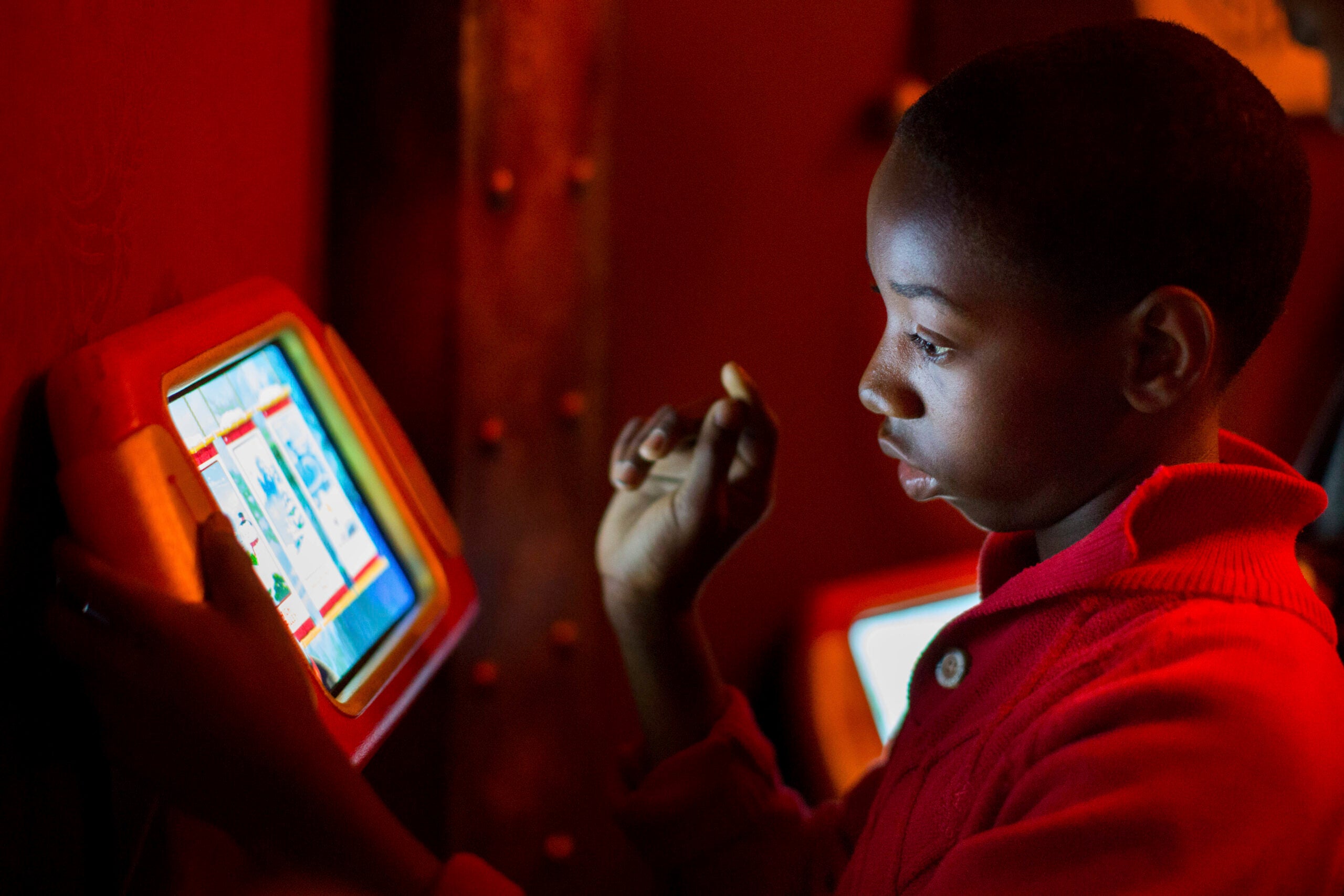In the streaming era, many of us may “binge watch” our favorite shows, but new research shows doing so can lead to poor sleep and more fatigue. We find out about the details of the study. We also talk to an immigration and law expert about the new travel restrictions issued by the Trump administration Sunday night.
Featured in this Show
-
Trump Administration Issues New, Indefinite Travel Restrictions
On Sunday, evening, the Trump administration released new travel restrictions on people eight countries: Chad, Iran, Libya, North Korea, Somalia, Syria, Venezuala, and Yemen. The new travel restrictions vary by country and will be phased in beginning in October. On Sunday night President Trump tweeted, “Making America Safe is my number one priority. We will not admit those into our country we cannot safely vet.” We talk to an immigration and law expert about the new travel restrictions and how they might fare in court.
-
Binge Watching And Other Media Use Hurting Our Sleep And Health
We’re hooked on tv, smart phones, and other gadgets–and it’s hurting our sleep and our overall health, according to a researcher on media habits and public health.
Do you feel like your media and tech use is impacting sleep, and other areas of your life? Have you tried to cut back on your usage? How successful have you been?
Let us know by emailing ideas@wpr.org
You can also contact us here:
Tweet: @centraltimewpr
Facebook: https://www.facebook.com/theideasnetwork/Call during showtime: 1-800-642-1234
-
Study: Binge Watching Detrimental To Sleep, Health
You sit down on the couch to watch an episode — just one — of your favorite Netflix show.
Before you know it, you’ve finished the entire season.
That kind of behavior isn’t rare anymore. Nearly 70 percent of Americans binge watched television last year. But a new study from the University of Michigan suggests binge watching can have negative side effects worse than traditional television watching.
Among a group of 18- to 25-year-olds, binge viewing led to poorer sleep quality, more fatigue and increased insomnia. Jan Van den Bulck, co-author of the study, says that’s because binge watching functions differently than traditional television.
“If you’re watching ‘Game of Thrones’ and your favorite character is about to die, or looks as if he might die, it’s perfectly normal to want to watch the next episode and find out what goes on, but it means that we kind of build up a lot of immersion, is a word we like to use,” said Van den Bulck. “So you get sucked into the story and that engages us much more than the more traditional ways of watching television where you may watch half an hour of sports, and maybe some news and a comedy show. That wasn’t as exciting or as engaging.”
Van den Bulck said television is designed to immerse you in the story. But when that happens, it’s harder to get back to real life. Not only is it hard to get yourself to press “pause” on the video, but you also end up in a different state of mind.
“You get mentally aroused, you get excited when you watch something you really like, and that makes it harder to fall asleep once you do manage to go to bed,” Van den Bulck said.
That effect, he says, can come from a wide variety of binge-like media behaviors. If you’re not watching television before bed, binge-scrolling on social media or your email can also disrupt your sleep.
Sleep deprivation, when repeated, can compound into a serious issue, linked to falling school grades, poor work performance and even car crashes, Van den Bulck said.
“So not everyone, but most of us struggle one way or another with limiting our media use because access to it has become so easy,” Van den Bulck said.
Van den Bulck said media use in and of itself isn’t bad. The problem is doing it in a mindless way, not knowing when to stop.
“It doesn’t mean you can’t watch any television, it doesn’t even mean you can’t binge any more, but it means that you have to become aware of your triggers,” he said.
For example, Netflix has an autoplay feature that plays the next episode in a series within a minute or two. Van den Bulck recommends turning that feature off to give yourself a bit more control.
“It’s good to be more aware of this and turn this into conscious decisions instead of allowing the screen to make the decisions for us,” he said.
Episode Credits
- Rob Ferrett Host
- Veronica Rueckert Host
- Amanda Magnus Producer
- Rob Ferrett Producer
- Shoba Sivaprasad Wadhia Guest
- Jan Van den Bulck Guest
Wisconsin Public Radio, © Copyright 2024, Board of Regents of the University of Wisconsin System and Wisconsin Educational Communications Board.



